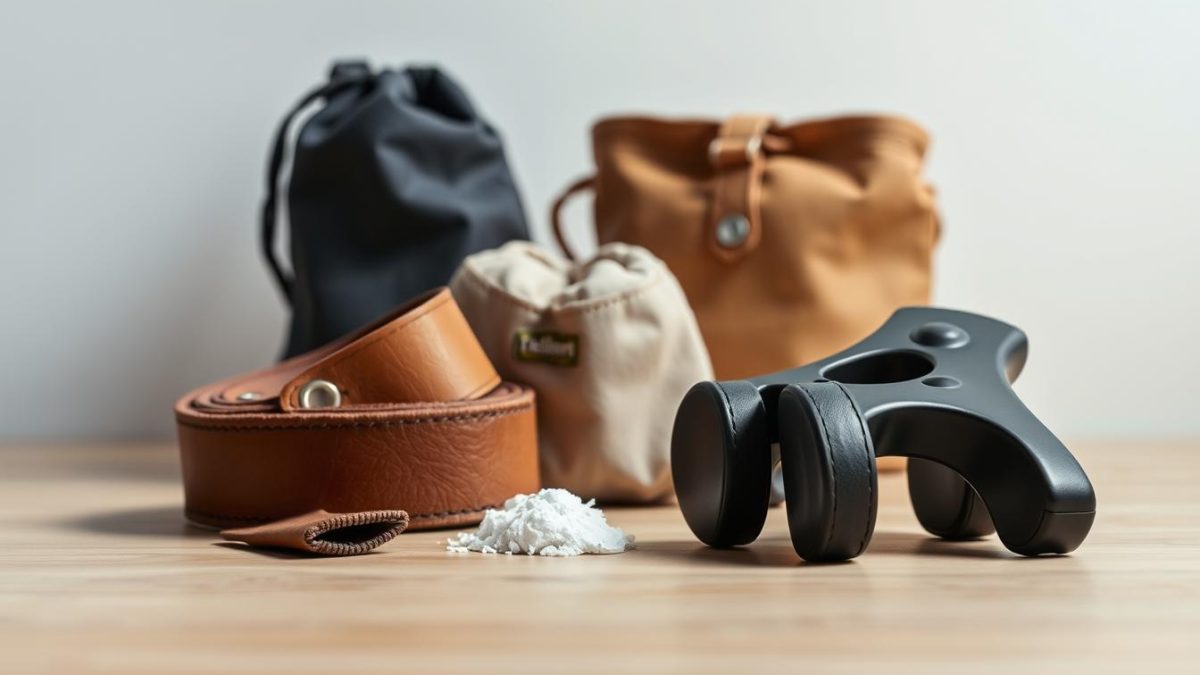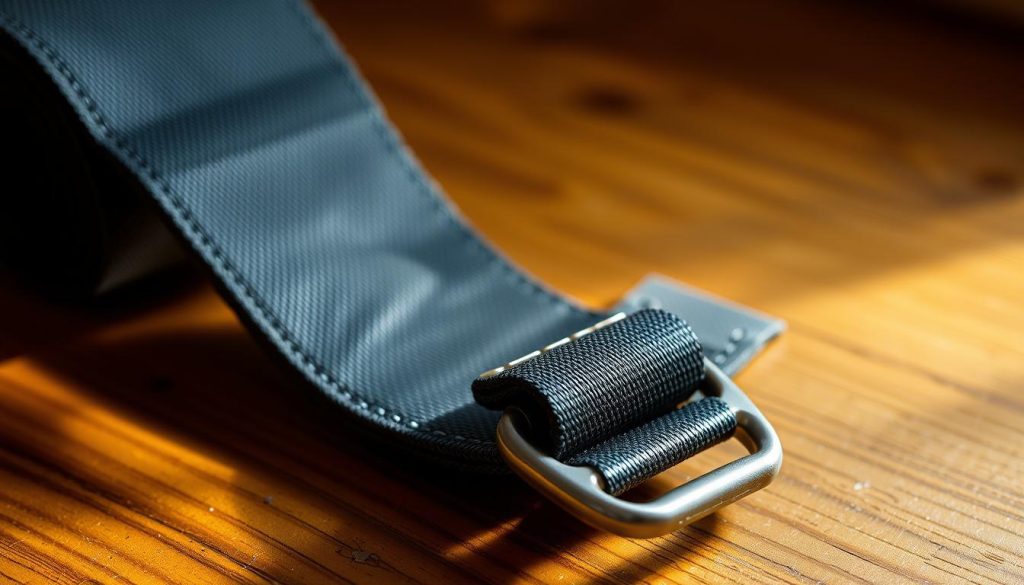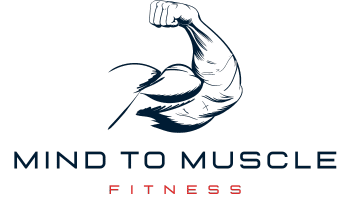
Lifting Straps vs Chalk: Pros and Cons Compared
Have you ever wondered how to maximize your grip during intense workouts? A strong grip is essential for almost every gym exercise, but choosing the right tool can make all the difference. Let’s dive into the world of grip enhancement and explore two popular options: chalk and lifting straps.
Chalk is a classic choice that absorbs moisture from your hands, ensuring a firm hold on the bar. On the other hand, lifting straps wrap around your wrist and the bar, helping you lift heavier weights without straining your grip. Both tools have unique benefits, and many gym-goers use them to improve their performance.
In this article, I’ll break down the pros and cons of each option. Whether you’re aiming to build muscle or increase strength, understanding these tools can take your workout to the next level. Let’s get started!
Lifting Straps vs Chalk: Detailed Pros and Cons
When it comes to improving your gym performance, the right tools can make a world of difference. Both chalk and lifting straps are popular choices for enhancing grip, but they serve different purposes. Let’s break down the major advantages and drawbacks of each to help you decide which one fits your needs.
Major Advantages of Each
Chalk is a versatile option that works wonders in various sports. It absorbs moisture from your hands, ensuring a firm hold on the bar. This is especially helpful during intense workouts or in humid conditions. Plus, it’s cost-effective and can last for years.
On the other hand, lifting straps are designed to save your grip strength. They wrap around your wrist and the bar, allowing you to lift heavier weights without straining your hands. This can be a game-changer for exercises like deadlifts or shrugs.
Common Drawbacks to Consider
While chalk is effective, it can be messy. Some gyms even prohibit its use due to the cleanup required. Additionally, it may struggle to maintain grip in extremely sweaty or humid conditions.
Lifting straps, while helpful, can weaken your natural grip strength over time if overused. They’re also not allowed in most competitions, which could be a downside for competitive athletes.
| Feature | Chalk | Lifting Straps |
|---|---|---|
| Grip Improvement | Absorbs moisture for a firm hold | Reduces strain on hands during heavy lifts |
| Cost | Affordable and long-lasting | Moderate cost, durable |
| Drawbacks | Messy, may not work in humidity | Can weaken natural grip strength |
Ultimately, both tools have their place in your workout routine. Chalk is great for quick grip fixes, while lifting straps excel in heavy lifting scenarios. Choose the one that aligns with your goals and gym environment.
How Lifting Straps Enhance Your Lifting Technique
If you’ve ever struggled to maintain a firm hold during heavy lifts, you’re not alone. Many gym-goers face this challenge, especially when grip strength becomes a limiting factor. That’s where lifting straps come in. These tools are designed to improve your technique and help you focus on the muscles you’re targeting.

Boosting Grip Support and Stability
One of the biggest benefits of using straps is the added support they provide. By wrapping securely around your wrist and the bar, they create a stable connection. This allows you to lift heavier weights without worrying about your grip giving out.
For example, during exercises like deadlifts or rows, straps let you focus on proper form and muscle contraction. They also reduce the risk of the bar slipping, which can be a game-changer for your workout.
Reducing Hand Fatigue in Heavy Lifts
Hand fatigue can quickly derail your progress, especially during high-volume sets. Straps help by taking some of the strain off your hands. This means you can complete more reps without your grip failing.
Here’s how they work:
- They distribute the weight more evenly, reducing pressure on your hands.
- They allow you to maintain a consistent grip throughout your workout.
- They help prevent calluses and skin tears, keeping your hands in better condition.
Many athletes use straps during pull exercises to achieve consistent performance. Whether you’re lifting a barbell or dumbbells, they can make a noticeable difference.
The Role of Chalk in Boosting Your Workout
Chalk has been a trusted tool for athletes and gym-goers for decades. It’s a simple yet effective way to improve your grip and keep your hands dry during intense workouts. Whether you’re lifting a barbell or doing pull-ups, chalk can make a noticeable difference in your performance.
Effective Moisture Control for Better Grip
One of the main benefits of chalk is its ability to absorb moisture. Sweaty hands can make it hard to maintain a firm hold on the bar, especially during heavy lifts. Chalk dries your skin, creating a secure grip that reduces the risk of slipping.
This is particularly helpful in humid conditions or during high-intensity exercises. By keeping your hands dry, chalk also minimizes skin irritation and prevents blisters or calluses.
Here’s how chalk helps:
- It absorbs sweat, ensuring a steady grip on the bar.
- It reduces friction, protecting your hands from tears and blisters.
- It’s versatile and can be used in various sports and exercises.
However, chalk does have its drawbacks. It can be messy, and some gyms restrict its use to keep equipment clean. Despite this, many lifters find it an essential accessory for explosive movements like deadlifts or cleans.
| Feature | Benefits | Drawbacks |
|---|---|---|
| Moisture Control | Keeps hands dry for a secure grip | Can be messy and leave residue |
| Skin Protection | Reduces friction and prevents blisters | May not be allowed in some gyms |
| Versatility | Useful in weightlifting, gymnastics, and more | Requires proper application to avoid excess |
Chalk is a cost-effective option that can enhance your workout experience. Whether you’re a beginner or a seasoned athlete, it’s worth considering as part of your gym routine.
Final Thoughts on Choosing Your Gym Accessory
Choosing the right gym accessory can significantly impact your workout results. Both chalk and straps offer unique benefits, but your decision should align with your goals and comfort. Chalk excels in moisture control, keeping your hands dry for a secure grip. On the other hand, straps provide extra support, reducing strain on your hands during heavy lifts.
In my experience, balancing both options can enhance your performance. For example, I use chalk for quick grip fixes and straps when my grip starts to fail. This approach has helped me lift heavier weights while maintaining proper form.
Ultimately, the best choice depends on your workout style and personal preferences. I encourage you to try both methods and see which one works best for you. Remember, the right accessory can make all the difference in achieving your fitness goals.
FAQ
What are the main benefits of using lifting straps?
They help me lift heavier weights by improving my grip support and reducing hand fatigue during intense workouts.
How does chalk improve my performance in the gym?
Chalk keeps my hands dry, which enhances my grip and prevents slipping, especially during exercises like pull-ups or deadlifts.
Can I use both lifting straps and chalk together?
Absolutely! Combining both gives me the best of both worlds—moisture control from chalk and added stability from straps.
Are lifting straps suitable for beginners?
Yes, but I recommend focusing on building natural grip strength first before relying on straps for heavy lifts.
Does chalk make a mess in the gym?
It can, but I always clean up after myself to keep the area tidy and respect the gym space.
Will using straps weaken my grip strength over time?
If I overuse them, they might. That’s why I balance their use with exercises that target my grip directly.
How do I choose between straps and chalk for my workout?
It depends on my goals. If I need extra support for heavy lifts, I go for straps. For better grip in general, chalk is my go-to.



